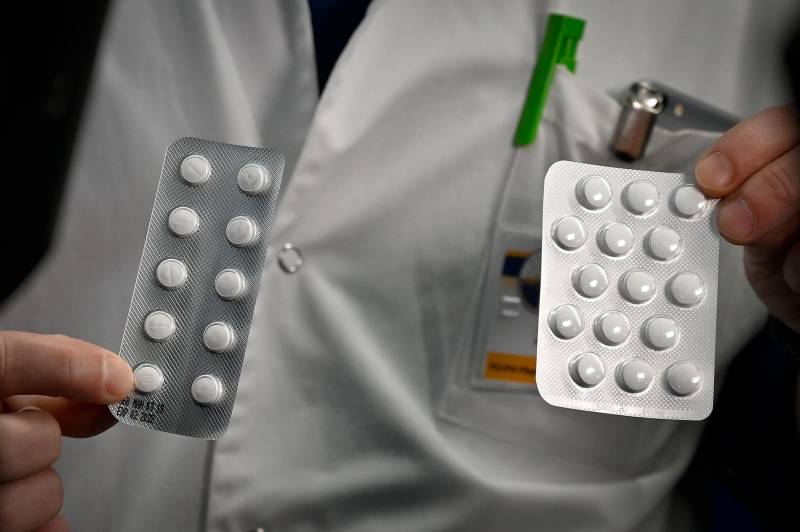Finally, on Friday, as the company was saying the drug was still available, Amobi was told by phone that the drug was being reserved for critical care in hospitals.
“This is above all of us here at the pharmacy,” the pharmacist said, characterizing the change in policy as a nationwide one. “This is a decision made by upper management and the doctors who are specialists for this type of medication.”
“When all of this is over, we’ll try to get you your supply,” her pharmacist told her. In the meantime, “we’re just going to have to consider an alternative therapy.”
Lupus and the medications required to control it put patients like Amobi more at risk for infection. While the infection rate and severity of COVID-19 remain moving targets for the general public, patients who suffer from lupus are immunocompromised. The Centers for Disease Control and Prevention recommend that to minimize risk of coronavirus exposure, lupus patients stay home and away from crowds, wash their hands, and keep supplies — including normal medications — on hand.
Last week Buzzfeed News reported the story of a lupus patient named Dale who was told her prescription would not be refilled. In written communication, Kaiser said, “Thank you for your sacrifice.” At the time the company defended the decision, saying that it was reserving the drug both for “critical care” COVID-19 patients and for serious cases of lupus. Then the company reversed course: by Friday, Kaiser was saying that it’s continuing to fill prescriptions for lupus patients, just for shorter periods: two weeks rather than 90 days.
While the drugs are well known to the estimated million-and-a-half lupus patients in the U.S., and to scattered travelers who use them as anti-malarials, most Americans likely had not heard of them by name until President Trump mentioned the two drugs in a coronavirus task force briefing in mid-March, touting them as a potential “game changer” that has shown “very, very encouraging results.”
No evidence supports the president’s claim that the drugs are a cure for COVID-19. One very limited French study suggests potential value for using the drug in combination with an antibiotic, but that study’s methodology and conclusions have since been called into question by peer scientists. The Daily Beast has since reported that the federal Health and Human Services Department is paying a North Carolina-based pharmaceutical company to develop possible treatments for COVID-19 with chloroquine.
Meanwhile, federal scientists have walked back the president’s claim, rheumatologists have advocated for the continuation of current therapies for arthritis and lupus patients, and advocacy groups working on behalf of those patients have called upon the federal government to take stronger action to protect the supply chain that delivers prescriptions to those for whom the drugs’ efficacy is well established.
“We are doing all we can to continue filling all current prescriptions for patients with lupus,” reads a Kaiser media release, which offers hope in the near future.
After an inquiry from KQED, Amobi received word from Kaiser that she gets to stick with the drug that has proven itself to work for her over more than a decade – at least for the next two weeks. The latest pharmacist with whom she spoke couldn’t guarantee it would be available longer than that.
“Over the next several weeks, we expect the drug manufacturers to ramp up production to meet the increased demand across the U.S. and the world,” Kaiser says, in a statement. “As supply becomes available, our physicians will evaluate these dispensing protocols and adjust accordingly.”

